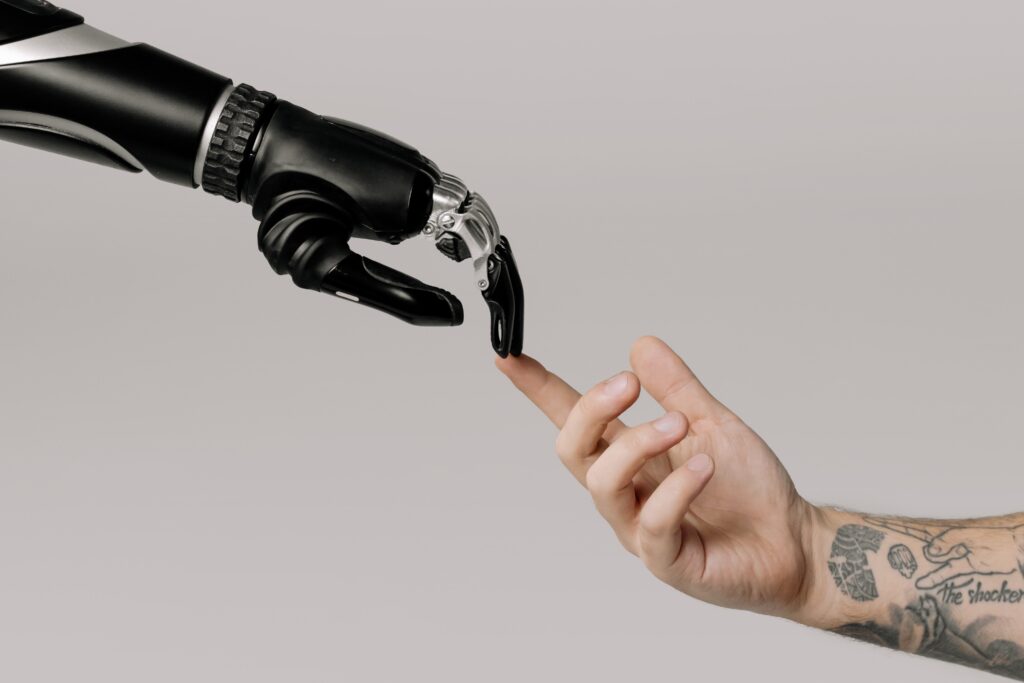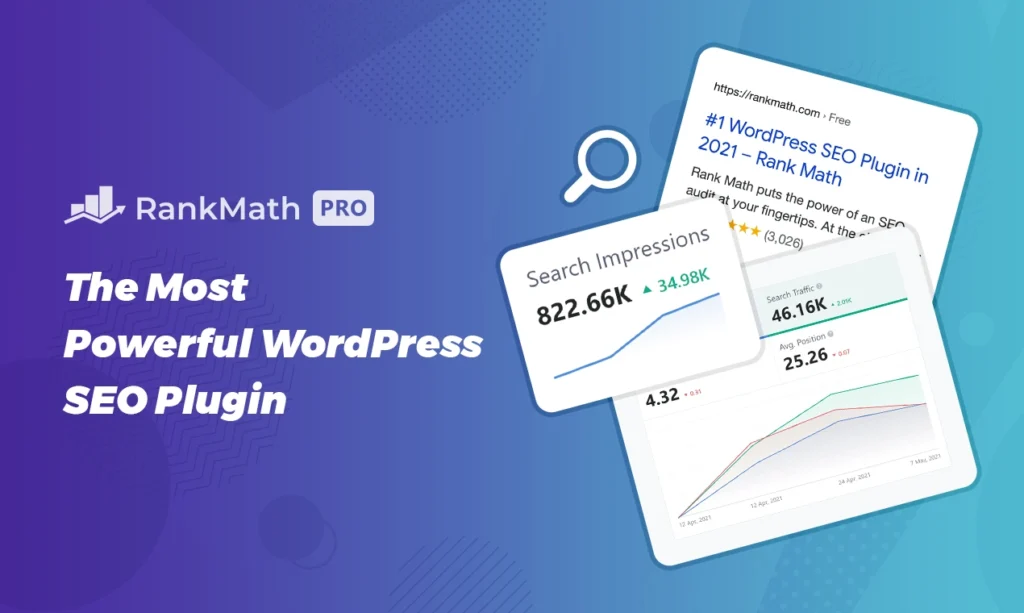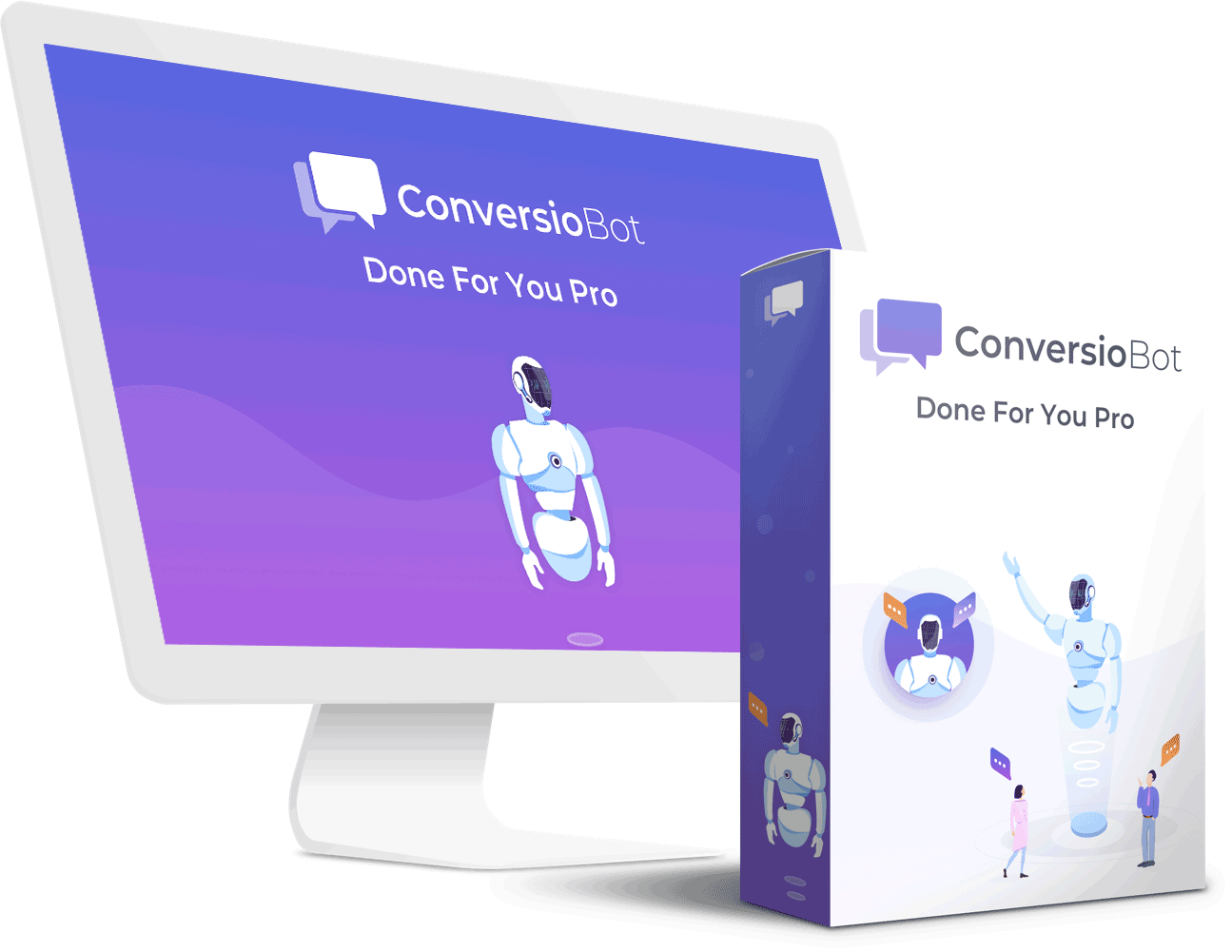Table of Contents
Introduction
Transitioning to AI from other areas of IT to can be an exciting and rewarding journey for developers. With the increasing demand for AI-driven solutions, developers with a solid understanding of AI concepts and techniques are highly sought after. This article outlines a step-by-step guide for developers looking to make the transition to AI, providing a road-map to acquire the necessary skills and knowledge in this dynamic field.

Understanding the Foundations of AI
On your journey transitioning to AI, begin by building a strong foundation in AI concepts and techniques. Familiarize yourself with key topics such as machine learning, neural networks, and data science. Gain an understanding of different AI algorithms and their applications. Online courses, tutorials, and textbooks can be valuable resources for self-study.
Expanding Knowledge in Mathematics and Statistics:
AI heavily relies on mathematical and statistical concepts. Enhance your knowledge in areas such as linear algebra, calculus, probability, and statistics. Understanding these subjects will enable you to grasp the underlying principles of AI algorithms and models.
Developing Programming Skills
As a developer, you likely possess programming skills, but it’s essential to adapt and learn languages commonly used in AI development. Python is widely used in the AI community due to its extensive libraries and frameworks such as TensorFlow and PyTorch. Familiarize yourself with these tools and gain practical experience by implementing AI algorithms and models.

Exploring Machine Learning
Machine learning is a fundamental aspect of AI. Dive into the world of machine learning algorithms, including supervised and unsupervised learning techniques. Practice implementing these algorithms on real-world datasets, and understand how to evaluate their performance. Gain experience with popular ML libraries such as scikit-learn.
Working with Neural Networks
Neural networks play a crucial role in modern AI. On your journey transitioning to AI, study the basics of neural networks, including their architecture, activation functions, and training algorithms such as back-propagation. Explore deep learning techniques and frameworks like Keras and TensorFlow to build and train complex neural network models.
Engaging in Real-world Projects
Engaging in Real-world Projects: To solidify your AI skills, engage in real-world projects. Participate in Kaggle competitions, collaborate on open-source AI projects, or develop AI-driven applications. These practical experiences will enhance your problem-solving abilities and showcase your expertise to potential employers.

Click to know more about the above product from a Chatbot
Continuous Learning and Professional Development
AI is a rapidly evolving field, and staying updated is crucial. Follow AI research publications, attend conferences, and join AI communities to stay connected with the latest trends and advancements. Consider pursuing advanced degrees or certifications in AI to demonstrate your commitment to professional growth.
Networking and Collaboration
Transitioning to AI would help if you to build a network of AI professionals, join AI-focused meetups or online communities, and participate in discussions. Collaborating with like-minded individuals can provide valuable insights, mentorship, and potential job opportunities in the AI domain.
Building a Strong AI Portfolio
As you gain experience transitioning to AI and complete AI projects, create a portfolio that showcases your work. Include descriptions of the projects, the problem statements, your approach, and the outcomes achieved. Having a portfolio demonstrates your practical skills and helps you stand out when applying for AI-related positions.
Seeking AI-specific Roles
Once you feel confident in your journey transitioning to AI and in your AI skills and have a portfolio to showcase, start exploring job opportunities specifically related to AI. Look for roles such as AI Developer, Machine Learning Engineer, Data Scientist, or AI Researcher. Tailor your resume and cover letter to highlight your AI expertise and relevant projects. Consider leveraging online platforms and job boards that specialize in AI and machine learning positions.
Emphasizing Transferable Skills
While transitioning to AI, it’s important to highlight your existing IT skills that can be valuable in the AI domain. Skills such as software development, data management, cloud computing, and algorithm design are highly relevant and sought after in AI-related roles. Emphasize how these skills complement your newfound AI knowledge and can contribute to AI projects and solutions.
Learning from Rejections and Feedback
When you are transitioning to AI or any other field for that matter, it’s common to face rejection when entering a new field, but don’t let it discourage you. Use each rejection as an opportunity for growth. Seek feedback from interviewers or mentors to understand areas where you can improve. Continue learning, refining your skills, and applying to relevant positions. Persistence and a growth mindset are key to achieving success in any field, including AI.
Continuing Education and Specialization
As you settle into your AI career and achieved success in transitioning to AI, continue to invest in your education and specialize in specific AI domains or techniques that interest you. This could include natural language processing, computer vision, reinforcement learning, or AI ethics. Specialization can make you an invaluable expert in a particular area and open up advanced career opportunities.
Contributing to the AI Community
Once you’ve established yourself in the AI field, consider giving back by sharing your knowledge and experiences. Contribute to open-source projects, write technical articles or blog posts, speak at conferences or meetups, or mentor aspiring AI developers. Engaging with the AI community not only helps others but also enhances your own understanding and reputation within the field.
Conclusion
Transitioning to AI from other areas of IT requires dedication, continuous learning, and practical experience. By following the steps outlined in this guide and staying committed to your growth, you can successfully navigate the journey of becoming an AI developer. Remember to embrace challenges, network with industry professionals, and keep up with the ever-evolving landscape of artificial intelligence. With perseverance and a passion for AI, you can embark on an exciting and fulfilling career in this trans-formative field.
Suggested Further Reading: https://techhorizoncity.com/ai-the-future-of-job-security-for-tech-workers/

